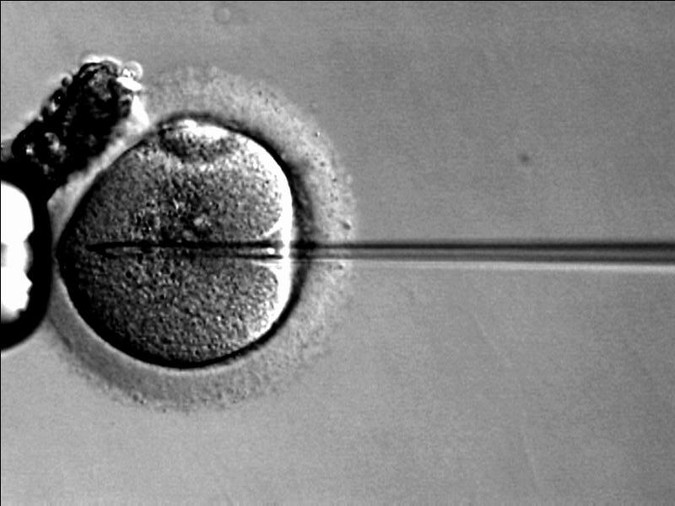
Acupuncture and Chinese herbal medicine may improve chances of pregnancy.
Complementary and Alternative Medicine (CAM) is a hot issue at the moment. As some diseases are affecting more and more people, dissatisfaction with conventional medice seems to rise, and people may start to look for alternative options. CAM is now accepted worldwide and applied in various situations. It is used to relieve a wide variety of symptoms; from chronic diseases, to depression, to the blockage of inflammation, you name it! It now turns out that CAM can also be useful not only during but also before pregnancy. Why?
The positive effects of CAM on fertilization
Are you having problems getting pregnant? Have you made several attempts on in vitro fertilization (IVF) without success? Then Complementary and Alternative Medicine might be able to do something for you. A review article has now gathered a bunch of information available on the subject.
The article focuses on acupuncture and Chinese herbal medicine (CHM) as adjunctive treatment to improve IVF outcome. Even though there is still a lot to uncover on the subject, there are some positive effects linked to CHM. It has been proposed that “acupuncture may mediate the release of neurotransmitters which influence menstruation cycle, ovulation and fertility by stimulating the secretion of gonadotrophin-releasing hormone; (…) may promote blood flow to the uterus by inhibiting uterine central sympathetic nerve activity; (…) can alleviate anxiety and stress of infertility patients”.
Improving chances of pregnancy
Although CHM has not proposed defined mechanisms, both acupuncture and CHM appear to significantly increase the oocyte and embryo qualities. It may also result in a higher implantation rate as well as live birth rate.
There are still some discrepancies in results from different articles, which might be due to the low number of studied patients or to the distinct usage of CAM. Overall, studies on this matter are still in their early years and can therefore not yet be recommended by clinicians. For anyone who is desperately trying to become pregnant, however, the research may be a welcome alternative. A path different from the conventional medicine may therefore also come with renewed hope.
This article was originally published on United Academics.
Cover image: Wikimedia commons.
References
DOI: 10.1155/2014/419425.
Stats
- Recommendations +1 100% positive of 1 vote(s)
- Views 2478
- Comments 1
Recommended
-

Alen Piljić
Managing director | Life Science Network gGmbH
Also:
- President | Research Elements Association
Post a comment
Comments
-
Ayden Tinsley Wednesday, 26 August 2015 - 11:42 UTC
IVF is one of the last hopes for couples to experience parenthood. But as you have mentioned above, its success depends on lots of factors, some of them are age, health issues, type of fertility problem, reproductive history and clinical diagnose. However, these days with the introduction of machines like embryoscope present at http://www.ilexmedical.com/products.php?id=130 the most critical step i.e. embryo selection become quite easy in the process. Also many ongoing researches are helping significantly to improve the IVF success rate.